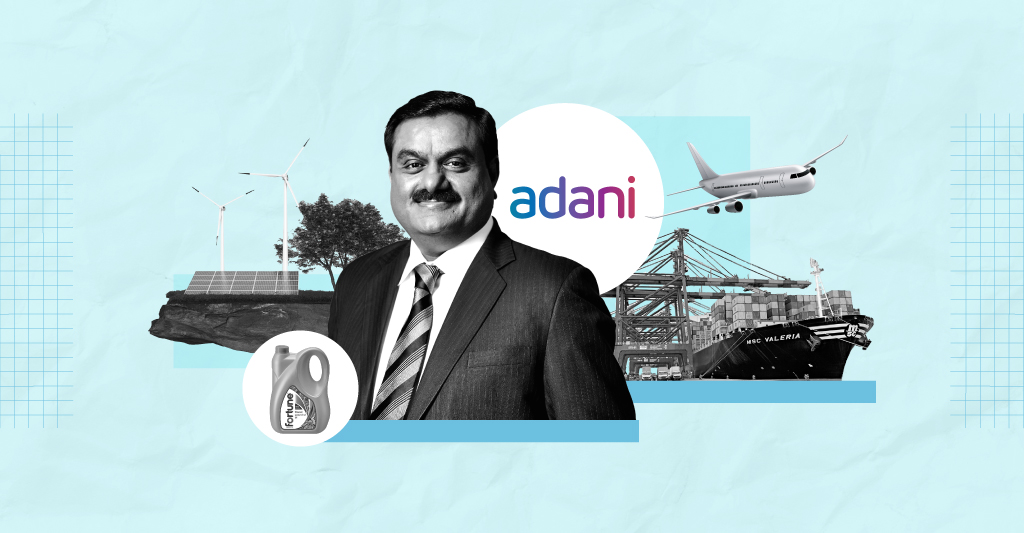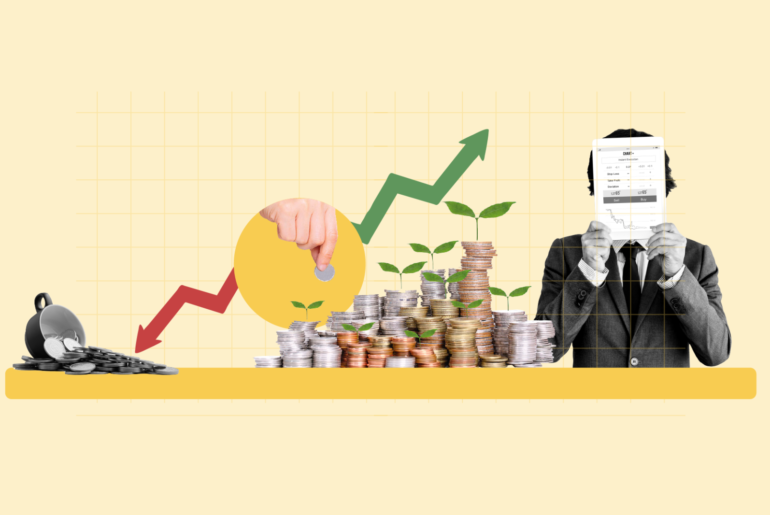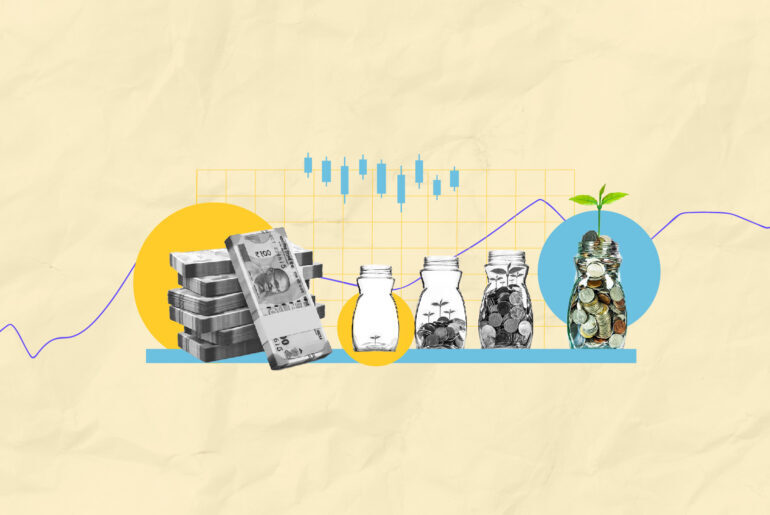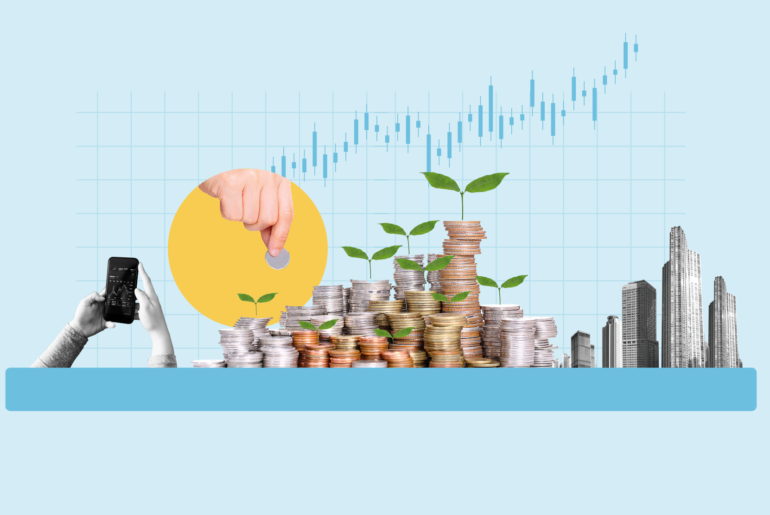Last Updated on Dec 15, 2021 by Aradhana Gotur
Did you know that Adani Group, India’s largest private port operator also owns Farm Pik, one of the largest suppliers of Apples in the country? The company also co-owns Fortune, the popular edible oil brand with Wilmar.
Adani Group is a heavily-diversified business empire that is not just a massive conglomerate but looks almost like an ecosystem in itself. We bet you didn’t have the slightest idea about this either. Anyway, let’s watch these 12 mind-blowing facts about the Adani Group that are sure to raise your eyebrows.
Table of Contents
1. Backed by a young, self-made millionaire
He was a college dropout. He was abducted and held for ransom about two decades ago. He was also held as a hostage in the Taj attacks. Yes, we are talking about Gautam Adani, the founder of Adani Group. But Gautam started small. Although he was born in a family that ran a textile business, Gautam was enticed by Mumbai’s shiny diamond business. There, he worked with Mahindra Brothers as a diamond sorter for 2-3 yrs when he learned all the tricks of the business. Soon, he set up his own diamond brokerage firm in the famous Zaveri Bazar of Mumbai and made his first million, that is, Rs. 10 lakh in the third year he was in Mumbai. He was just 20 yrs old then.
2. The first leg of Adani Group’s business
The year was 1981. While Gautam Adani was still in Mumbai, his elder brother Mahakush requested him to run his plastic business in Ahmedabad. And in 1988, Gautam forayed into international trading markets by starting a commodity trading business in the name of Adani Enterprises Ltd. The company imported a key industrial raw material called Polyvinyl Chloride. This was the first leg of the group’s business and there has been no looking back since then.
3. Cracked an Rs. 6,000 cr deal in just over 4 days
In 2018, Adani Power Limited, a part of Adani Group, executed a definitive agreement to acquire Udupi Power Corporation Limited in 2014. Believe it or not, the deal was sealed in just 100 hours! Well, the credit goes to Gautam Adani’s business acumen and excellent negotiation skills.
4. ‘Nation building’ is at its core
Adani Group’s key business strategies have been in line with the government’s priority sectors. The group forayed into the defence sector in 2015 when the government was pushing for local manufacturing of defence equipment. Adani Group seized the opportunity by setting up facilities and tying up with defence contractors to supply equipment to the military. Likewise, the group ventured into India’s private fuel and airport sectors in 2018 and 2019, respectively. By and by, Adani Group set foot into diverse sectors including ports, renewable energy, power, airports, food, oil and gas, finance, real estate, and more.
5. Runs some of India’s largest businesses
It was Gautam Adani’s childhood dream to build a large port. In 1995, this dream came true when the Adani Group won the bid to privately run the Mundra Port in Gujarat. Today, it is India’s largest private port that handles over 1,000 lakh tonnes/10 cr. tonnes of cargo each year. In all, the Adani Group operates 10 ports lining the Indian coastline. The group’s Adani Power is India’s largest private thermal power producer and Adani Transmission is one of India’s largest private players. The group also owns Adani Electricity that powers over 3 mn. households across Mumbai. What’s more, Adani Group also operates India’s largest private-sector rail. They have a 300 km-long private railway line.
6. Offered mammoth returns to investors
Started as a commodity trading business in the name of Adani Enterprises Ltd, Adani Group’s revenue has reached 1.1 lakh cr. in 2020. This is more than Indian IT majors including Infosys and HCL. In the same year, all six listed companies of Adani Group generated multibagger returns. While APSEZ offered returns of 60%, Adani Green shot by 400%. In comparison, Reliance Industries only delivered 40% returns in the same period. Now, that’s impressive! You can track the returns of the stock and other details on tickertape web and app.
7. Joined the ranks of market leaders in terms of market cap
Adani Group became the 3rd Indian conglomerate to cross 100 bn. market cap, after Tata Group and Reliance Group. As of Feb 2021, Adani Group’s market capitalisation was ~Rs. 5.04 tn., almost equal to Japan’s nominal GDP, which was $5.08 tn. as of 2019.
8. Looks more like an ecosystem
The Adani Group is engaged in an array of businesses ranging from gas and oil to ports and coal mining to power generation. While this makes Adani Group a massive conglomerate, it looks more like an ecosystem. This is because the production of some of its businesses is consumable by the others. For instance, coal produced in Adani’s mines can be transported via its private rail lines to the group’s thermal power plant located in Adani Special Economic Zone. The electricity generated here can then be distributed via Adani Power’s transmitting business.
9. Doing more than just business
Adani Group gives about 3% of the group’s earnings to the Adani Foundation for philanthropic activities. The foundation’s Adani Vidya Mandir School in Ahmedabad imparts free education to children belonging to low-income families. The group also runs rural clinics and mobile healthcare units that serve over 25,000 patients per month. Moreover, Adani Group is also an advocate of Environmental, Social, and Corporate Governance (ESG) policy and is committed to enhancing its footprint in the area.
10. Safe at home but not in the foreign land
Despite Adani Group’s remarkable journey of growth, it is battling with negative publicity for the Carmichael thermal coal project in Australia. Adani had received approval for the coal project in 2019 after a decade-long struggle with regulators and environmentalists. However, the locals are bent upon stopping the project via the “Stop Adani” campaign. As per them, the Carmichael project would worsen climate change and threaten Australia’s natural resources.
11. Adani Group’s neck is deep in debt
Despite such controversies, Adani Group’s focus on growth and expansion has only gotten intense. So much so that it is heavily debt-ridden. Back in 2015, Credit Suisse had warned that the group was severely stressed, accounting for 12% of banking sector loans. As of Nov 2020, Adani Group’s total debt crossed Rs. 2.25 lakh cr. The group’s gross debt/EBITDA was at 6.06x and net debt/EBITDA was at 5.35x whereas its interest coverage ratio was 1 or below for all its listed companies except for Adani Ports and Sez (APSEZ) and Adani Total Gas. This means that the Adani Group doesn’t generate enough profits to meet its interest obligations of even a year.
12. Committed to conserving the environment
Nonetheless, Adani Group’s commitment to not just planting trees but enhancing its ESG footprint has attracted a bunch of global energy majors and investors including Total SA of France and Snam SpA of Italy, who are looking to claim a piece of the company’s renewable portfolio in the Indian market. Adani owns the Kamuthi Solar Power Project in Tamilnadu, which is one of the largest in the world. Spanning over 2,500 acres, the project has 2.5 mn. solar panels and a robotic solar-powered cleaning system. What’s amusing is that this gigantic power plant was built in just 8 mth. That’s not all, in 2020, Adani Green Energy Ltd secured a record $ 6 bn. solar power deal, which takes the company closer to achieving its goal of becoming the world’s largest renewable-energy maker by 2025.




